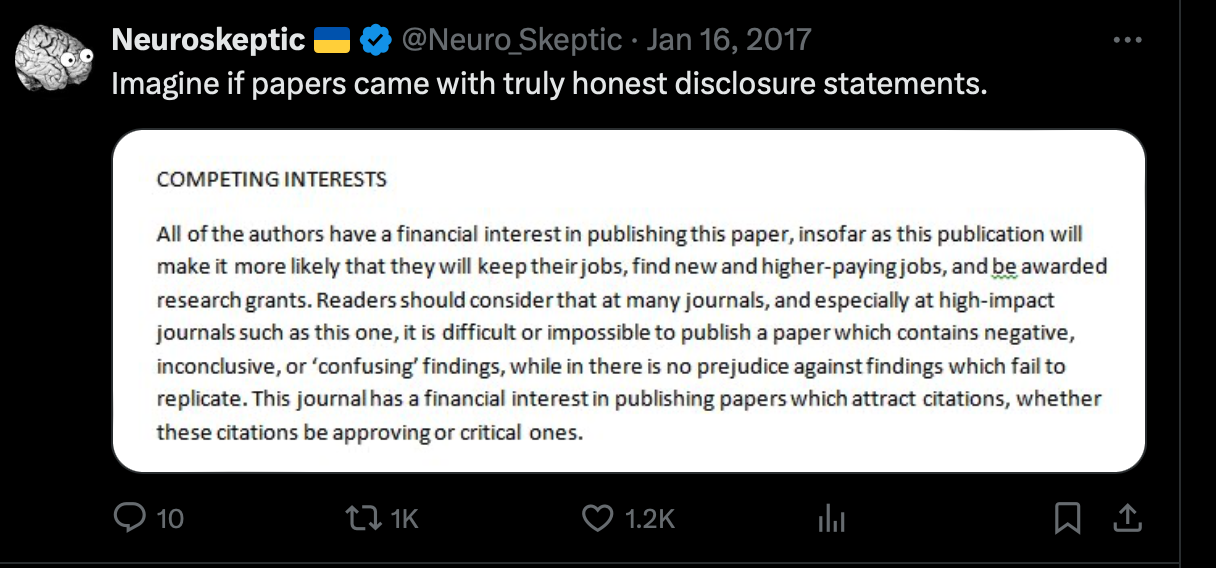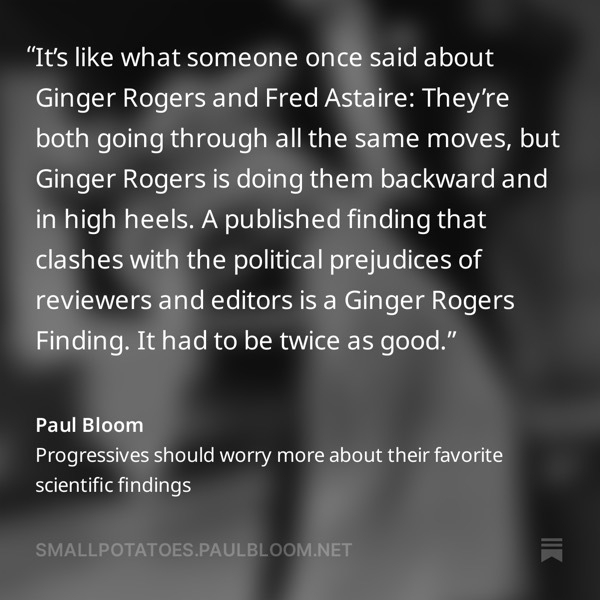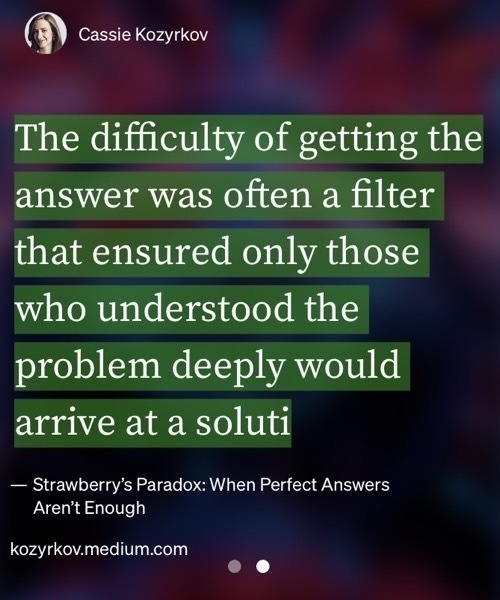Simulating Science
In case I’m ever blessed with teaching again, “The Truth Box” seems a great follow-up to “New Eleusis”, an exercise I inherited from my old undergrad advsior:
They could shake the box, smell the box, remove the sticks, whatever; the only thing they could not do was to open the box or do anything that would cause the box contents to be visually revealed. Their job was to tell me, after eight minutes, what they thought was in the box, and why. I explained that developing good reasoning was very important.
…
The next step was to ask students what would increase their level of certainty about what was in the box. Soon, organically, they were reinventing modern science.
~Alice Dreger, The Truth Box Experiment
I had a few undergrad advisors, but I borrowed “New Eleusis” from Mike Gorman of Simulating Science, and re-inventing the telephone from him and Bernie Carlson. I’ve fond memories of the year or two in their “Repo Lab” at U.Va. helping map Bell & Edison’s notebooks, and making them available on this brand new web thing.







